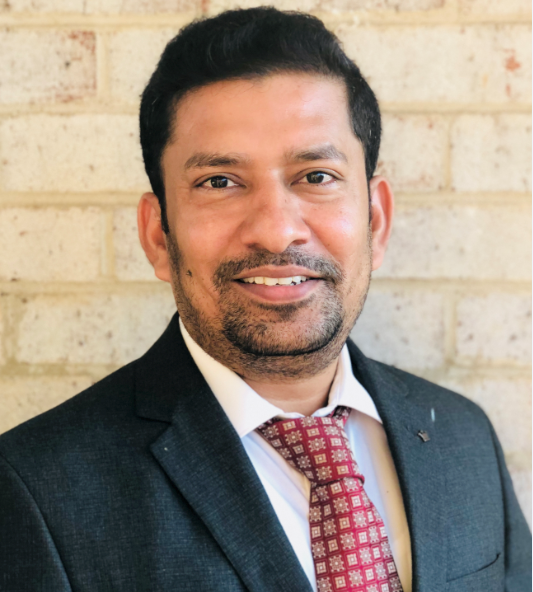Indexed In
- Open J Gate
- Genamics JournalSeek
- CiteFactor
- Cosmos IF
- Scimago
- Ulrich's Periodicals Directory
- Electronic Journals Library
- RefSeek
- Hamdard University
- EBSCO A-Z
- Directory of Abstract Indexing for Journals
- OCLC- WorldCat
- Proquest Summons
- Scholarsteer
- ROAD
- Virtual Library of Biology (vifabio)
- Publons
- Geneva Foundation for Medical Education and Research
- Google Scholar
Useful Links
Share This Page
Journal Flyer

Open Access Journals
- Agri and Aquaculture
- Biochemistry
- Bioinformatics & Systems Biology
- Business & Management
- Chemistry
- Clinical Sciences
- Engineering
- Food & Nutrition
- General Science
- Genetics & Molecular Biology
- Immunology & Microbiology
- Medical Sciences
- Neuroscience & Psychology
- Nursing & Health Care
- Pharmaceutical Sciences
Muthukumar Gunasekaran

Muthukumar Gunasekaran
Research Associate, Department of Surgery
University of Maryland, Baltimore, Maryland, USA
Biography
I am a transplant immunologist who has made significant contributions to our understanding the role of immune response to mismatched HLA and tissue restricted self-antigens in inducing acute and chronic rejection following solid organ transplantation. Recent findings of my work demonstrated the role of exosomes in allograft rejection in human lung and heart transplantation. I was the first to report that exosomes derived from lung transplant recipients with acute and chronic rejections, but not those derived from stable LTxR, show surface expression of donor mismatched HLA and lung associated antigens, as well as immune regulatory miRNA. This clinically relevant study was published in the American Journal of Transplantation and appeared as a highlighted article in ASTS (American Society of Transplant Surgeons) as Brief News. I have received a Young Investigator Award by American Transplant Congress and the Scholar award by the American society for histocompatibility and immunogenetics for my study concerning the role of exosomes in lung transplant rejections. Currently I am working as Research Associate at Dr. Sunjay Kaushal lab in the University of Maryland Baltimore (UMB). Our laboratory mainly focuses on the application of stem cell transplantation based therapies for children with congenital heart disease. My study focuses on therapeutic application of neonatal Cardiac Progenitor Cells (nCPCs) in myocardial infarction. Our laboratory data provides evidence that these transplanted stem cells trigger a robust remodeling process in the infarcted myocardium by enhancing neovascularization through exosomes and paracrine factors. We have also shown that although transplanted nCPCs increase cardiac regeneration, immune rejections are the major complications limiting their therapeutic applications. Currently, my work focuses on studying the immune response to transplanted nCPCs and understanding how nCPCs and exosomes evade immune response to increases cardiac regeneration potential. Further, I propose that nCPCs administered with the immune suppressive regimen, cyclosporine A, would have enhanced therapeutic application for myocardial infarction. Recently we received an IND from the FDA to start the first clinical trial based on stem cell therapies in congenital heart disease patients.
Research Interest
My study focuses on therapeutic application of neonatal Cardiac Progenitor Cells (nCPCs) in myocardial infarction. Our laboratory data provides evidence that these transplanted stem cells trigger a robust remodeling process in the infarcted myocardium by enhancing neovascularization through exosomes and paracrine factors. We have also shown that although transplanted nCPCs increase cardiac regeneration, immune rejections are the major complications limiting their therapeutic applications. Currently, my work focuses on studying the immune response to transplanted nCPCs and understanding how nCPCs and exosomes evade immune response to increases cardiac regeneration potential. Further, I propose that nCPCs administered with the immune suppressive regimen, cyclosporine A, would have enhanced therapeutic application for myocardial infarction. Recently we received an IND from the FDA to start the first clinical trial based on stem cell therapies in congenital heart disease patients.


